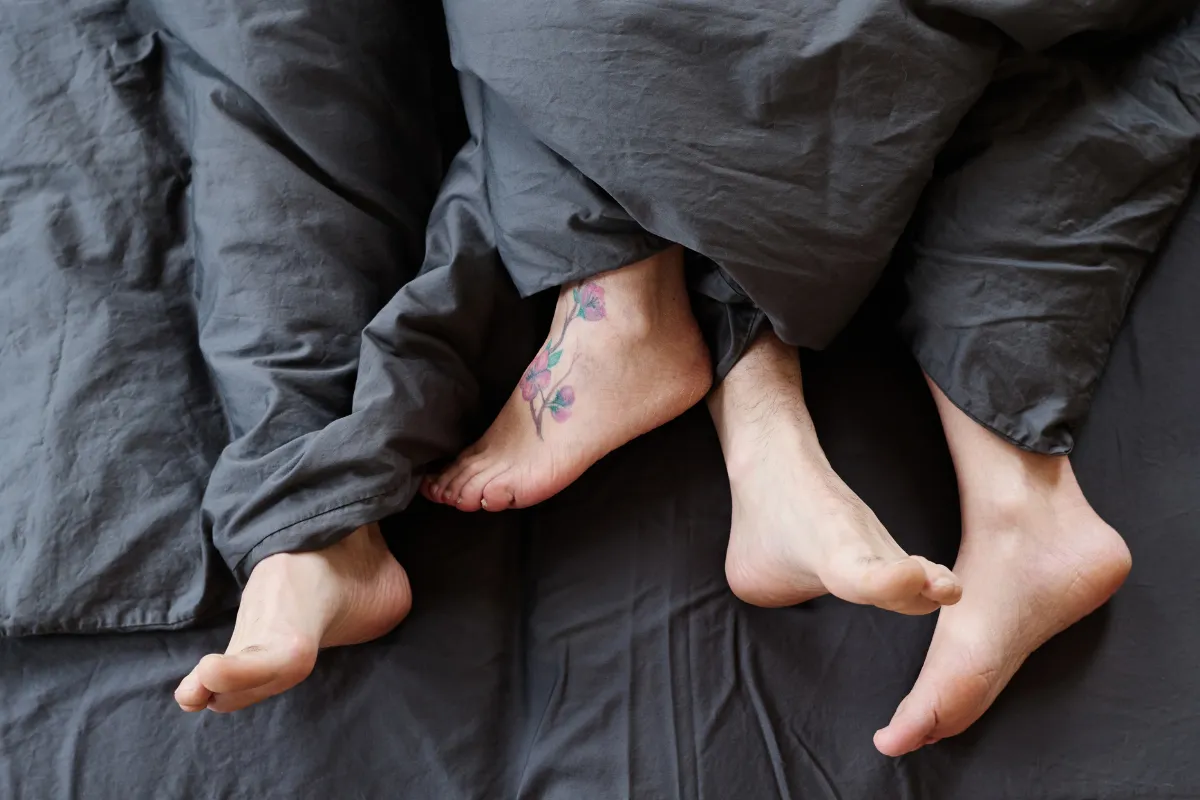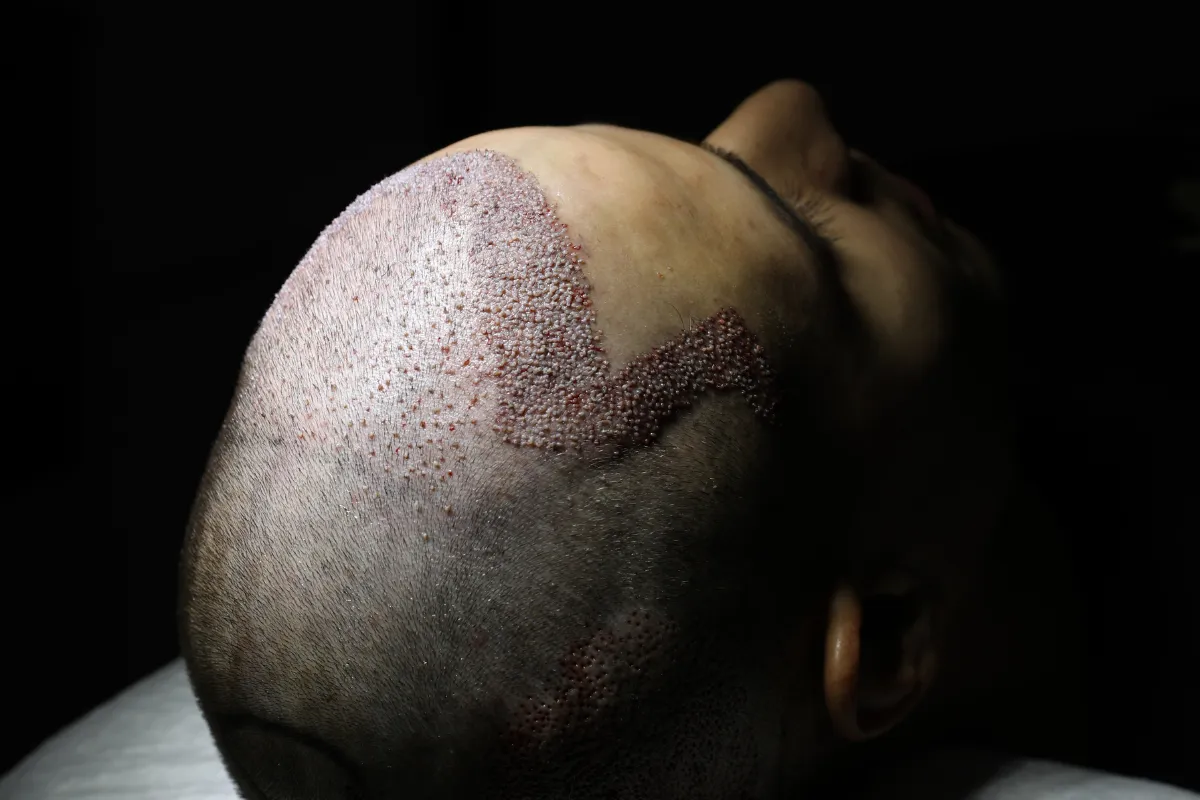
When Is It Safe to Have Sex After a Hair Transplant Surgery?
Most patients are advised to avoid sex for at least 7–10 days after a hair transplant, because sweating, higher blood pressure, and accidental scalp contact can interfere with early healing. If you can, waiting closer to 10–14 days is often safer, since grafts become more stable over the first two weeks.
Table of Contents
Why You Should Avoid Sex Right After a Hair Transplant
In the first days after surgery, transplanted grafts are still settling into the recipient area. Anything that raises your heart rate and blood pressure can increase swelling and bleeding risk, while sweat and friction can irritate the scalp.
Sex soon after surgery can raise the chance of:
- Accidental rubbing, bumping, or pressure on the recipient area
- Excess sweating, which can irritate healing skin
- Prolonged swelling from increased physical exertion

When Can You Have Sex After a Hair Transplant?
Most clinics recommend waiting 7–10 days before resuming sexual activity. For many patients, 10–14 days is a more cautious window—especially if you tend to swell, you had a large session, or you’re returning to more vigorous activity.
A realistic timeline
First 72 hours
This is the most delicate period. Avoid anything that risks contact with the grafts or increases sweating and strain.
Days 4–7
Swelling and tenderness often improve, but grafts can still be disturbed by friction or accidental impact. Keep activity light.
Days 7–10
Many patients can resume sex carefully if healing is smooth and scabbing is settling down. Choose low-effort positions and avoid scalp contact.
Days 10–14
A common “safer” point for most people to return to normal intimacy, because graft stability is typically much better by the end of the second week.
Can Sex Too Soon Affect Hair Transplant Results?
It can. Early on, grafts rely on a stable healing environment. If they’re disturbed by pressure, rubbing, or repeated sweating and irritation, you may increase the risk of inflammation, delayed healing, or uneven results.
The goal during the first two weeks is simple: protect the grafts from trauma and keep the scalp calm.

Signs You May Be Ready to Resume Sex
You’re usually in a better position to restart sexual activity when:
- Swelling has largely resolved
- You can do normal daily activities comfortably
- Scabbing is improving and the scalp feels less “tight”
- Your clinic/surgeon has cleared you at follow-up
If your instructions differ from general timelines, follow your surgeon’s plan.
What About Masturbation?
Masturbation still increases heart rate and blood pressure, and sweating can happen. Because the early healing goals are the same, many clinics recommend the same waiting period (7–10 days) for any sexual activity.

Tips for Resuming Sex Safely After a Hair Transplant
- Avoid scalp contact: No rubbing, pulling, or pressure on the recipient area.
- Keep intensity moderate: Shorter, gentler sessions reduce sweating and swelling risk.
- Choose positions thoughtfully: Prioritize control and stability to prevent accidental bumps.
- Pause if you feel throbbing or heat in the scalp: That’s often a sign you’re overdoing it.
- Follow your clinic’s aftercare plan: Especially if you’ve been advised to avoid sweating for longer.
Erectile Dysfunction Medications (Viagra/Sildenafil) After a Hair Transplant
ED medications may not directly interfere with grafts, but they can affect blood flow and blood pressure. The safest approach is to ask your surgeon before using them during the early recovery window, particularly in the first week.
FAQ: Sex After Hair Transplant
How long should I wait to have sex after a hair transplant?
Wait at least 7–10 days, or until your surgeon clears you.
Can sex damage newly transplanted hair grafts?
Yes, if friction, pressure, or accidental trauma occurs during the first week.
Is sweating during sex harmful after a hair transplant?
Yes, heavy sweating can irritate scalp and increase infection risk during early healing.
Does increased heart rate affect hair transplant results?
Yes, early on it can raise bleeding and swelling, risking graft disturbance.
What activities should be avoided in the first week after a hair transplant?
Avoid strenuous exercise, sex, alcohol, smoking, swimming, sun, and touching grafts.




